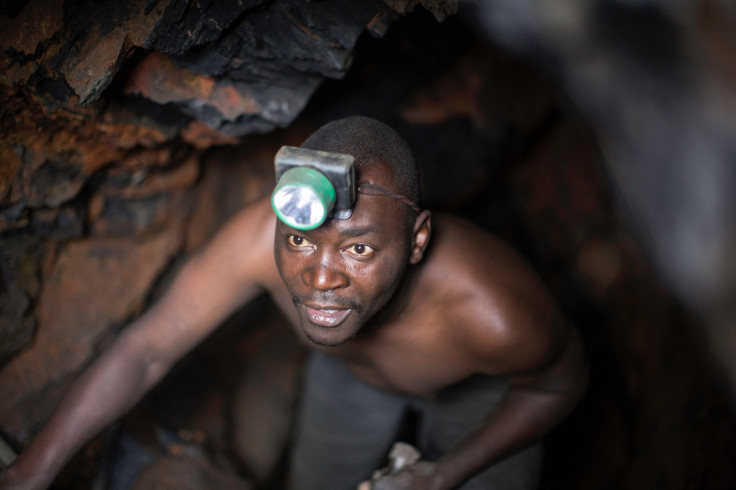Increased Electric Car Production Linked To More Child Labor In Mines

Congolese mines that use child labor may be benefitting from a global rise in demand for cobalt, a metal used in batteries for electric vehicles.
Cobalt is an essential component of lithium-ion batteries found in everything from electric vehicles to iPhones. The majority of the world’s supply of the metal comes from the Democratic Republic of Congo, where some small mines have been found to use child labor in dangerous conditions.
Smaller independent mines using low-tech means to extract the metal, called artisanal mines, have grown to meet the demand for cobalt. These types of mines have been implicated in child labor, dangerous work conditions and even several deaths from accidents such as collapses. Amnesty International, a human rights non-profit, released a report in 2016 detailing the danger and unethical behaviors behind these types of mines. The United Nations Children's Fund estimated that as many as 40,000 children could be working in the mines.
Congo is one of the poorest nations on earth, destabilized by civil war. The country’s GDP per capita is only $784.
Officials from three international cobalt suppliers told Bloomberg anonymously that production from these artisanal mines has risen at least 50 percent in the past year.
The price of cobalt has nearly tripled since the beginning of 2017, and electric vehicle makers are scrambling to secure supplies of the metal.
Despite the boon, officials hope they can curb unsanctioned artisanal mining.
“It is not in our interest,” said Albert Yuma, chairman of a state-owned mining company, in an interview earlier this month. “If we really want to benefit from cobalt, we need to progressively move towards economic integration and stop the artisanal production.”
This article has been updated. An original version misidentified Albert Yuma.
© Copyright IBTimes 2025. All rights reserved.





















